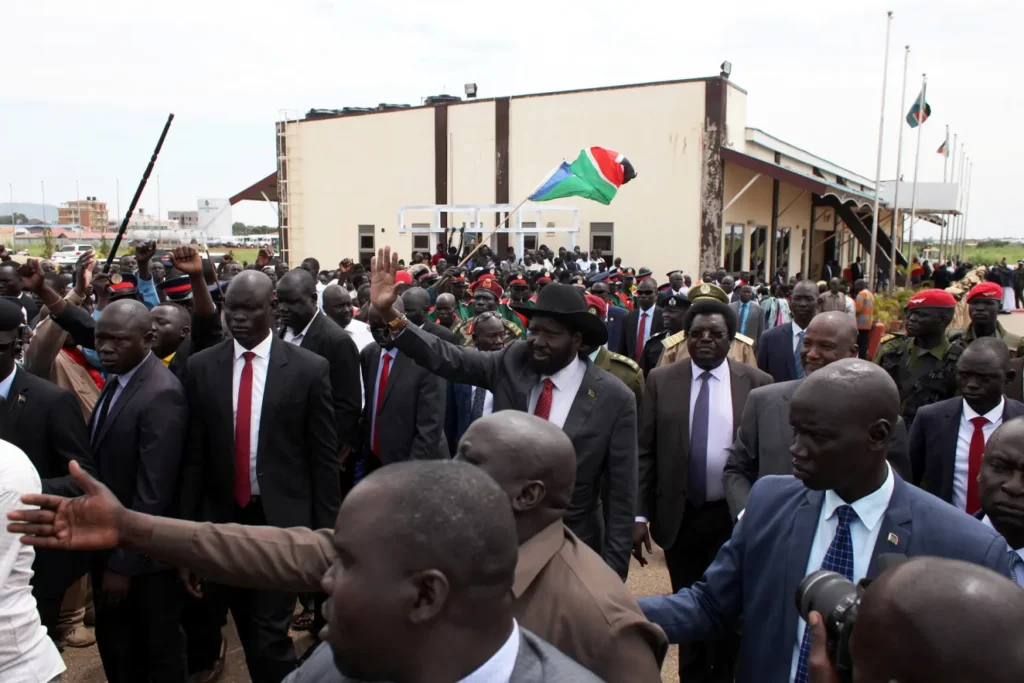
Ibrahim Elbadawi, a former Sudanese Finance Minister and economic researcher, stated that the damage to infrastructure in the three most affected regions of the war, Khartoum, Darfur, and Kordofan, is estimated at $60 billion, or 10% of the total infrastructure value.
According to his estimates, the Gross Domestic Product (GDP) may decrease by 20% this year.
In an interview, he mentioned, “If the war stops, Sudan will need urgent economic support of between 5 and 10 billion dollars to revive the economy.”
“The continuation of the war will lead to the economy and the Sudanese state destruction.” He added.
The conflict has led to a significant economic downturn in Sudan, disrupting most trade and transportation services, impeding agriculture, and halting the payment of salaries for several employees. It has also caused substantial damage to the infrastructure.
Relief workers say that aid operations have also faced obstacles due to government bureaucracy, the collapse of services, and logistical challenges centred in the capital.
The country now relies on the remaining meager resources to support internally displaced populations, numbering nearly 7.1 million people. When including those displaced due to previous conflicts, the total surpasses the number of displaced individuals in any other country around the world.



